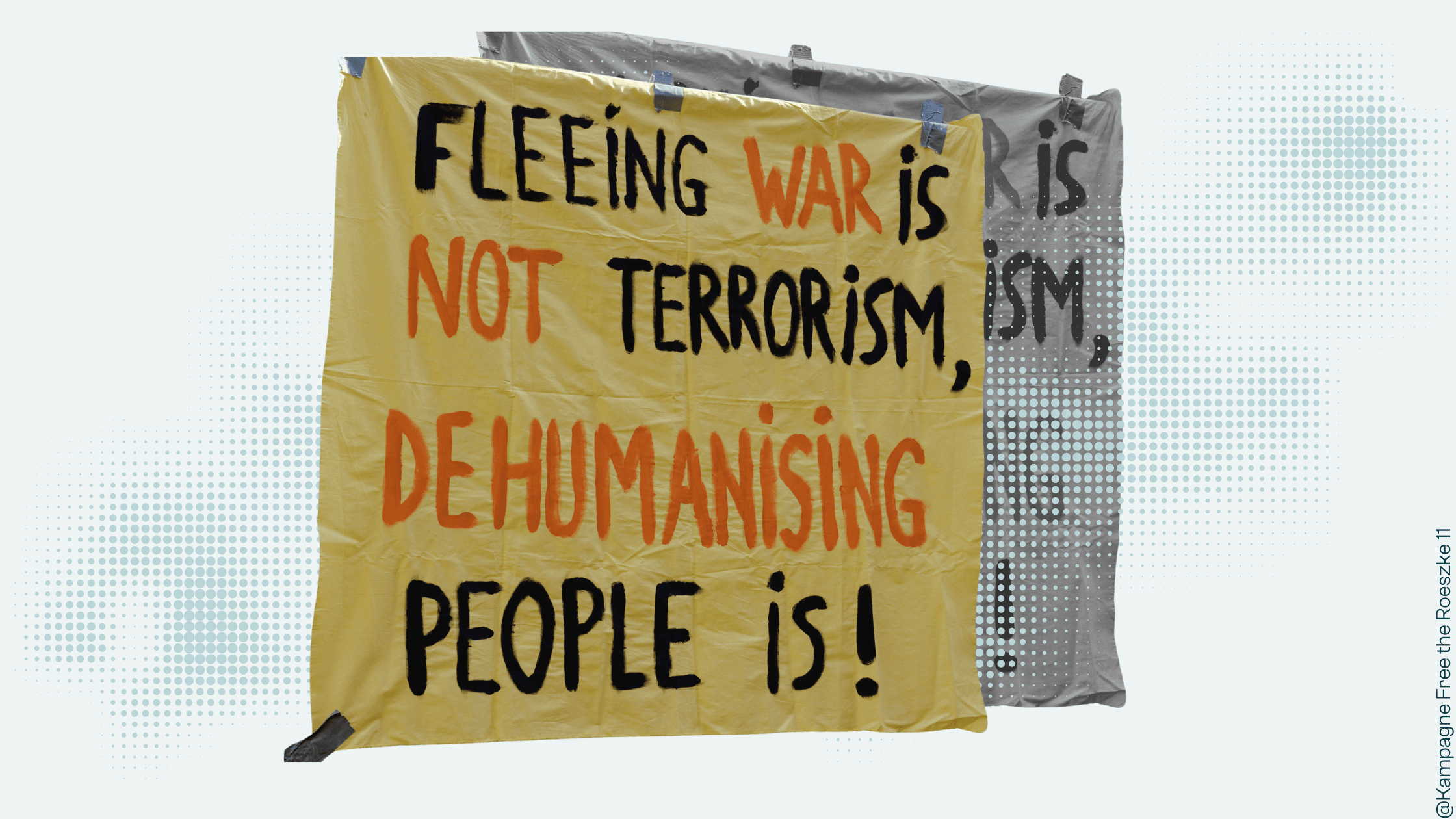Case 1
| Case Number | 1 |
| Charge | Fare Evasion |
| Defense Attorney Present | No |
| Interpreter Present | Yes |
| Racialized Person | Yes |
| Outcome | Fine |
In this case, a woman with unclear residency and work permit status is tried in an accelerated procedure for three counts of fare evasion. Despite her financial hardship and lack of legal representation, the court imposes a hefty fine. The woman is subjected to repeated questioning about why she came to and resides in Germany, legally irrelevant to decide the case at hand.
Mobility should be a basic right, not a privilege, meaning that the defendant should not be criminalized for riding public transport without a ticket in the first place. By imposing a fine that clearly exceeds the defendant’s means, the court effectively criminalizes poverty and most likely exacerbates the very conditions that led to the offense. The court turns the woman’s inability to pay for a ticket into a question of morality, even accusing her of being a bad mother, which is a stereotype that racialized women specifically are confronted with regularly in courts, according to our observations. For the defendant, the conviction could also affect her ability to stay in the country. Punishment thus acts to enforce Germany’s border regime—and this judge appears to be a willing enforcer.
The accused woman has an interpreter but no legal representation. Throughout the trial, the judge questions her about her reasons for coming to and staying in Germany, despite this being irrelevant to the charges. The woman says that she receives some social benefits for herself and her children, and that a local social work organization assists her in managing her debts, including those from previous fare evasion convictions.
The judge appears skeptical about the woman’s story, questioning how she manages without speaking German and criticizes her for this. The woman explains that there is someone at the social work organization who helps her and will also assist her in buying a monthly ticket. She expresses willingness to pay the fine in installments, seemingly to show cooperation, but the court seems unmoved by her efforts. The judge reprimands her for her supposed moral “failings”, stating that she should not use public transport when she has debts. In his plea, the prosecutor announces that this will be the last time he proposes a fine, threatening the defendant with prison and suggesting that she would not be a good mother if she ended up in prison.
The prosecutor proposes a fine of 90 days at €10 each. The judge imposes 90 days but increases the daily rate to €15, adding up to a total fine of €1,350.


